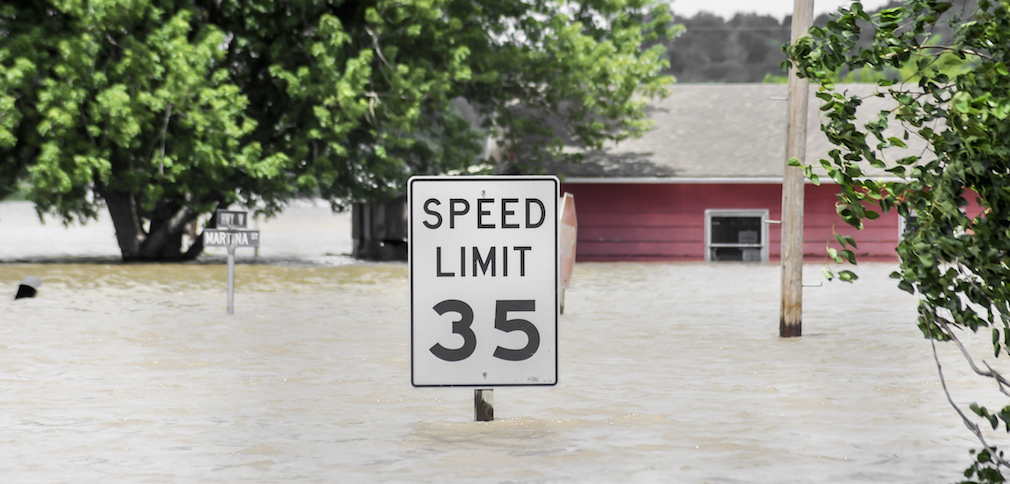In a rare show of unity, Democrats and Republicans on the Financial Services Committee of the U.S. House of Representatives voted unanimously to pass a five-year extension to the National Flood Insurance Program that includes a mandate to improve the nation’s flood maps.
The bill provides $500 million a year over five years for updating maps and modernizing technology to identify high-risk zones. It also includes a “continuous coverage” provision that allows borrowers who leave the program to try private flood insurance to return without paying a penalty. That measure is aimed at encouraging the growth of the nascent private market for flood insurance.
Congress has passed a dozen short-term extensions since 2017 as it wrangled over reforming the program that protects over 5 million U.S. homes. About 40,000 U.S. property sales a month would be nixed if NFIP coverage wasn’t available, because most mortgages require homes located in high-risk flood areas to be protected, according to the National Association of Realtors.
“This haphazard approach to legislating puts communities at risk and undermines the health of our housing market,” Rep. Maxine Waters (D-CA), chairwoman of the Financial Services Committee, said on June 5 shortly after a two-week reprieve turned into a four-month extension.
The reform bill with the five-year extension now goes to the full House and must also be approved by the Senate.
It lacks key provisions Waters has long supported, such as a second round of debt forgiveness for costs stemming from Hurricane Katrina and Superstorm Sandy. Every year the NFIP pays $400 million in interest “to service a debt it can never repay,” Waters has said.
Another divisive issue that wasn’t addressed in the new bill is repetitive losses: homes that are repeatedly damaged by water and rebuilt with taxpayers’ dollars. Those properties have accounted for about a quarter of the program’s losses.
While the new bill is likely to pass the Democrat-controlled House, its fate in the Senate is uncertain. Sen. Bill Cassidy, a Republican from Louisiana, has said it doesn’t go far enough in cutting costs for homeowners.
The bill “lacks reforms needed to ensure the program is sustainable and that families won’t be hit with drastic premium increases,” Cassidy said in a statement.






